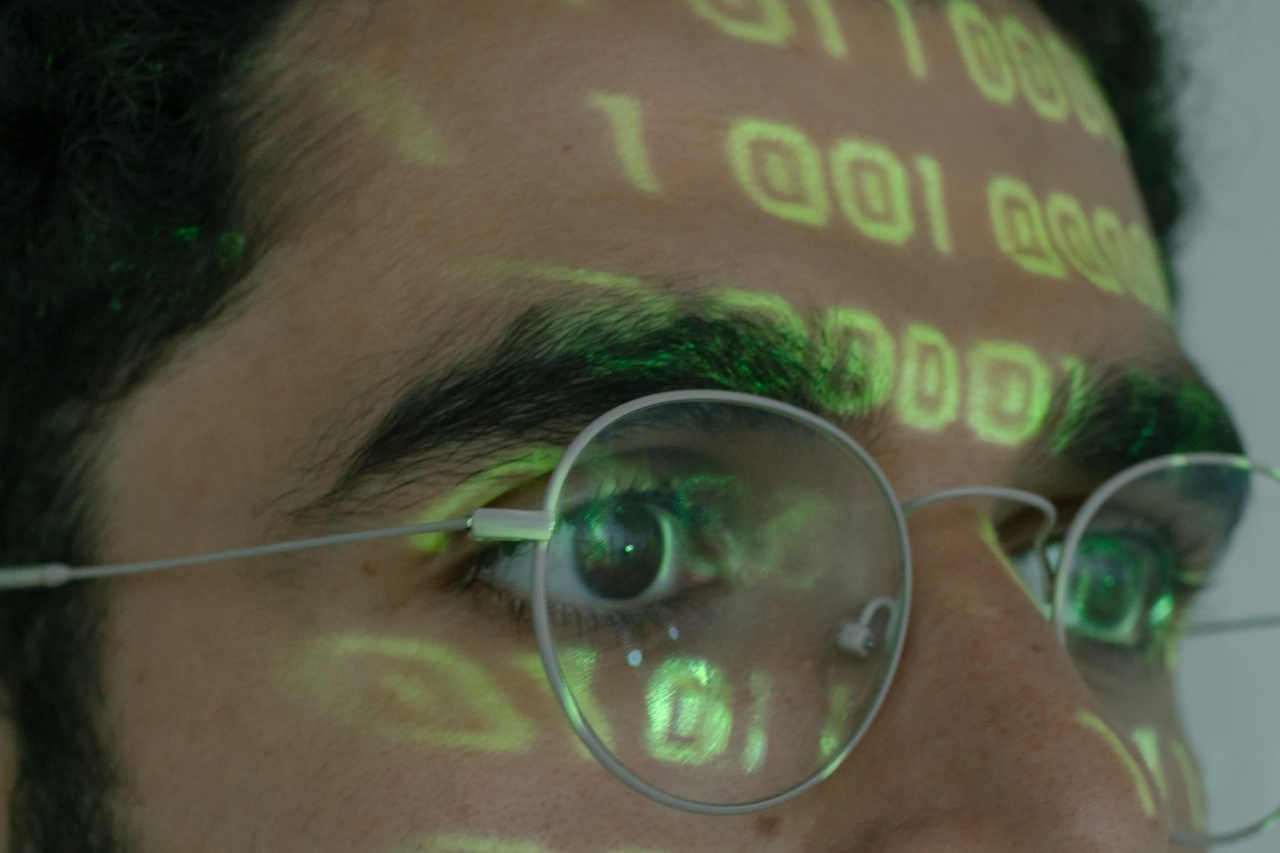Our eyes are one of the most important sensory organs in our body. They allow us to see the world around us and experience the beauty of nature. However, it is also an organ that is prone to damage and disease, leading to vision loss or blindness.
This may severely impact our daily life and restrict our independence. Hence, it is essential to take small steps to protect our eyesight and prevent blindness. Here are some tips to help you take your first steps:.
1. Eat a Healthy Diet
A healthy and balanced diet can go a long way in protecting your eyesight. Add foods rich in vitamin A, C, and E, zinc, and omega-3 fatty acids to your diet.
These nutrients keep your eyes healthy and reduce the risk of age-related macular degeneration (AMD), cataracts, and other eye problems. Nutrient-rich foods to add to your diet include:.
- Leafy green vegetables like spinach, kale, and collard greens
- Fish like salmon, tuna, and herring
- Fruits like oranges, berries, and kiwis
- Nuts and seeds like almonds and chia seeds
- Whole grains like brown rice and quinoa
2. Quit Smoking
Smoking harms your body and negatively impacts your eyesight. Smoking leads to the development of cataracts, damage to the optic nerve, and macular degeneration. It also accelerates the development of these eye problems.
If you smoke, speak with your doctor and take steps to quit smoking, such as joining a smoking cessation program, finding support groups, or seeking medical help.
3. Protect Your Eyes from the Sun
The ultraviolet (UV) rays of the sun can harm your eyes and cause cataracts and macular degeneration. Use sunglasses that block 99% to 100% of both UVA and UVB radiation.
Wear a hat that shades your face and eyes from the direct sunlight when you are out on a sunny day.
4. Get Regular Eye Checkups
Regular eye checkups help detect eye problems in their early stages when they are easier to treat. Eye exams also provide your doctor with clues about your overall health.
Adults should get an eye exam at least every two years if they do not have eye problems, and annually if they have any eye problems or if they are at risk of developing eye problems. Children should have their eyesight checked at regular intervals, especially if they have eye problems or a family history of eye diseases.
5. Protect Your Eyes at Work and Play
Depending on your work and lifestyle, you may be at a higher risk of eye problems. If your work exposes you to harmful chemicals, dust, or fumes, wear protective eyewear or goggles.
If you play sports or do activities that can cause eye injuries, such as racquetball or gardening, wear protective eyewear to prevent eye injury and trauma. Protective eyewear includes safety glasses, goggles, and face shields.
6. Practice Good Eye Hygiene
Infections can cause damage to your eyes and vision loss. Practice good eye hygiene to minimize the risk of eye infections. Wash your hands thoroughly with soap and water before touching your eyes, or before changing contact lenses.
Avoid touching your eyes with dirty hands, and never share your eye makeup, towels, or contact lens solutions with others. Clean your contact lenses and contact lens cases regularly, and never sleep while wearing your contact lenses.
7. Limit Screen Time
We spend a considerable amount of time in front of screens, such as computers, tablets, and mobile phones. Prolonged exposure to screens can lead to eye strain, headaches, and dry eyes.
Practice the 20-20-20 rule, which means looking away from the screen every 20 minutes and focusing on an object at least 20 feet away for 20 seconds. Adjust the brightness and contrast settings of your screen to reduce eye strain. Take regular breaks to rest your eyes and blink often.
8. Control Your Diabetes and Blood Pressure
Diabetes and high blood pressure can lead to vision loss due to diabetic retinopathy or hypertensive retinopathy.
Control your blood sugar levels and blood pressure by taking medications as prescribed, following a healthy lifestyle, and exercising regularly. If you have diabetes, get your eyesight checked regularly for early detection of eye problems.
9. Speak to Your Doctor about Supplements
If you have been diagnosed with an eye disease or vision problem, talk to your doctor about supplements that may support eye health.
Your doctor may suggest supplements containing lutein, zeaxanthin, or other antioxidants that may help reduce the risk of age-related eye problems. However, supplements do not replace a healthy diet and exercise, and may not work for everyone. Consult with your doctor before adding any supplements to your routine.
10. Practice Good Sleep Habits
Good sleep habits are crucial for overall health and eye health. Lack of sleep or poor quality sleep can lead to eye fatigue, dry eyes, and eye strain. Make sure you get enough restful sleep every night and avoid using electronic devices before bedtime.
Maintain a regular sleep schedule, sleep in a comfortable and dark room, and avoid caffeine, nicotine, and alcohol before bedtime.
Conclusion
Preventing blindness and preserving your eyesight is not just about good vision. It is about maintaining your quality of life, independence, and wellbeing.
By adopting healthy habits and getting regular checkups, you can protect your eyesight and prevent vision loss. Small changes in your diet, lifestyle, and hygiene habits can go a long way in maintaining healthy vision for life. Speak with your doctor if you have any concerns or if you need any guidance on eye care.



























